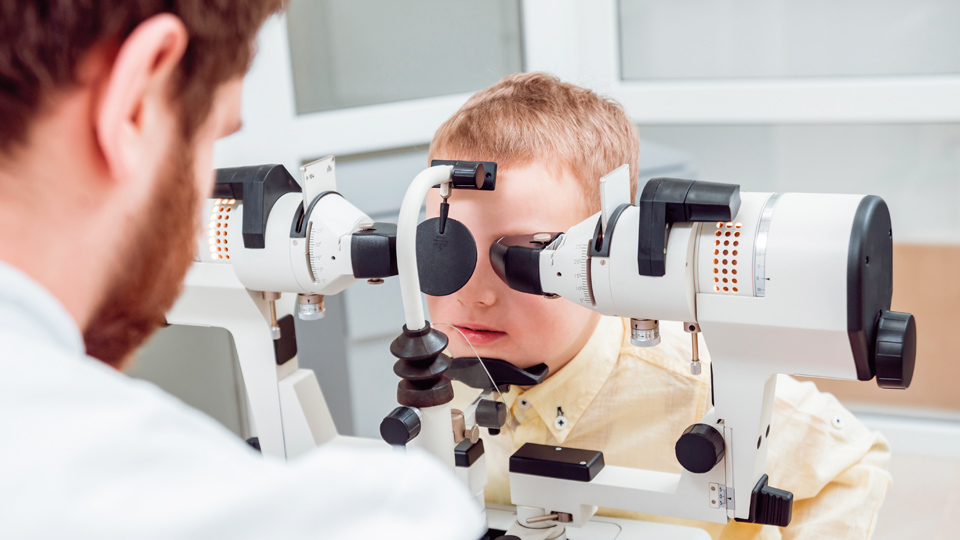All about the skin around the eyes and “drooping” eyelids
04/04/2025

15/03/2024
Orthoptics, a branch of ophthalmology, focuses on evaluating and treating specific visual conditions affecting eye alignment and visual processing. It involves visual and muscle training exercises aimed at improving eye coordination and preserving ocular health.
Rehabilitation through orthoptic exercises is indicated as a complement treatment for certain types of strabismus, including intermittent divergent strabismus (where the eyes point outward instead of being parallel), phorias (a type of latent strabismus) and convergence insufficiency (difficulty in the eyes working together efficiently, particularly during close-up tasks). Patients presenting with these conditions often report symptoms of eye fatigue such as headaches during visual tasks, blurred vision, tiredness, difficulty concentrating while reading, and occasionally double vision, leading them to close one eye in order to focus better.
The exercises are typically conducted under the supervision of an optometrist, utilizing suitable equipment such as prism bars, Brock strings, or specialized devices like a synoptophore, along with specific computer programs. In some instances, patients may be instructed to perform exercises at home following straightforward guidance from the specialist. The selection of the appropriate method depends on factors such as the type and severity of the condition, as well as the age and cooperation level of the patient.
The effectiveness of the exercises will depend on a proper evaluation by the specialist ophthalmologist, who will assess visual acuity to detect any refractive errors (such as hyperopia, myopia, or astigmatism) and examine both the anterior and posterior segments of the eyeball to screen for any organic pathology. Additionally, the specialist will evaluate binocular cooperation, which refers to the brain's ability to use both eyes simultaneously.
Dr. Idoia Rodríguez Maiztegui, ophthalmologist at the Barraquer Ophthalmology Centre
El aprendizaje visual comienza en el nacimiento y se desarrolla hasta los 8 años, por lo que es de vital importancia detectar cualquier afección ocular durante esta etapa y, así, poderla corregir. Con la doctora Idoia Rodríguez Maiztegui hablamos sobre la importancia de garantizar a los más pequeños una buena salud ocular y resolvemos las principales dudas que puedan surgir al respecto.